Written By: Kristin Oesterle
When you grow up experiencing complex childhood trauma, the word resilient becomes a word you hear often. From trusted guidance counselors to neighbors who knew the troubles I was facing at home, they all had something to say about my resiliency. But did they know what childhood resilience actually meant?
Was I actually resilient, or was it something else?
We know that resilience, in terms of psychology, can be defined as the ability to recover from or adjust easily to adversity or change. While this seems like a positive personality trait and skill set to have, I have realized how harmful it can be to a child – especially a child experiencing ongoing trauma.
Not All Adverse Childhood Experiences Lead to Resilient Children
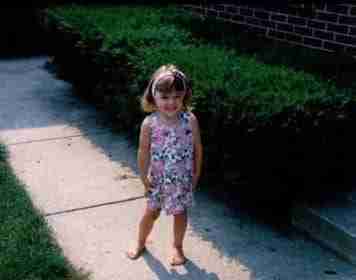
Most children develop resilience when they experience challenges and learn how to handle them in positive ways. Through healthy development, relationships, and emotional regulation, children can learn how to adapt and overcome all the obstacles life will throw at them.
They work on increasing their problem-solving skills, coping skills, and self-regulation skills. These are all critical parts of building resilience.
But what about the children without a support system or who suffer from abuse/neglect? What about little me – was she actually resilient, or was she just trying to survive?
Knowing what I know now, I think it could be a little of both. I certainly didn’t have the strong relationships needed to help teach and guide me through life’s setbacks.
I know I struggled with emotional regulation most of my childhood – but what did that look like to those on the outside? I bet it looked like resilience.
Understanding Childhood Resilience Is a Bit Complicated
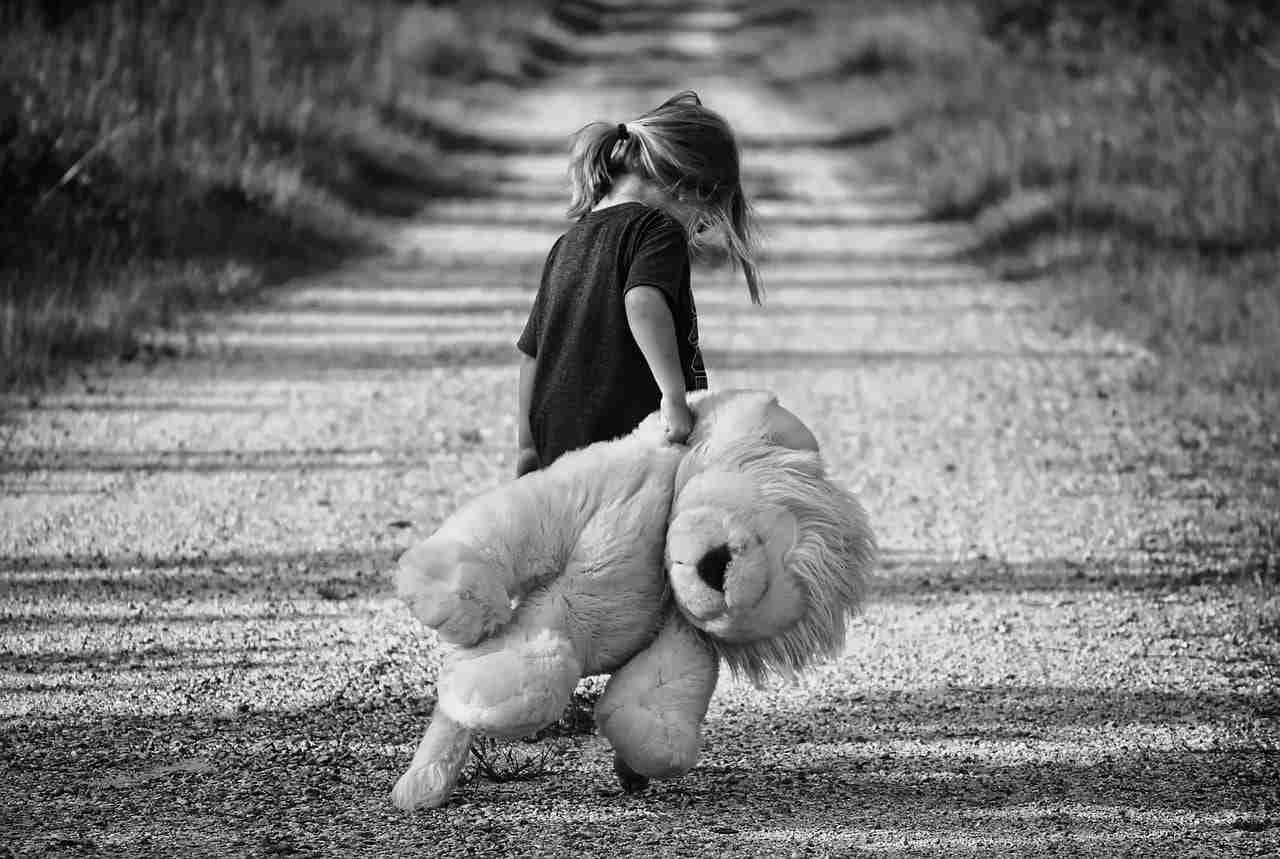
Resilience theory is the framework for studying and observing how people react to and adapt to challenges and adversity. This theory also tells us that resilience isn’t a fixed trait but rather something that can be developed and strengthened.
When children overcome challenges like tackling the monkey bars, they learn to practice a skill, get stronger, and keep trying. The positive outcomes gained from their efforts help build resilience and face future challenges.
It is not quite the same as when a child experiences prolonged periods of toxic stress. These threats to healthy development actually undermine brain development.
This misunderstood concept and misuse of the term often causes more harm than good when talking to trauma survivors. I understood it as a personality trait you’re born with and strengthened over time.
Resilience is a trait that is admired by all and proves to the world that we can handle anything. It wasn’t until adulthood, later in my healing journey, that I realized just how toxic this misunderstanding can be.
In young people experiencing ongoing trauma, life becomes all about survival and nothing more. Being a resilient child is often the label survivors identify the most with despite any maladaptive behaviors that hide underneath.
The Painful Events of Childhood Trauma and Resilience

Without delving too deep into my traumas, it’s important to know that my healing journey began as soon as the trauma did. However, it wasn’t until I became a mother that I really understood the complexity of early childhood trauma and healing.
It wasn’t until the complications surrounding the birth of my twins that I realized what resilience really feels like and what it really means. Prior to this year, I had never met my inner child, and it wasn’t until I really started working with her that I made some life-changing revelations.
A Lonely Childhood
Growing up, I lived in a dysfunctional home that looked wholesome from the outside. My parents were functional alcoholics who were great con artists. I lived as an “only” child in a rough part of town without parents who paid any attention to me at all.
This led to adults taking advantage of me, sexual abuse, physical abuse, and one very lonely childhood. However, despite all that I was experiencing at home, I found school to be my safe haven. A place where I didn’t feel alone and trusted adults around me. A place where those trusted adults would later mislabel me as resilient.
I was the girl in class who couldn’t sit next to anyone without talking. Everyone was my friend, and I loved to make everyone laugh.
I excelled academically, I never missed a day, and my mom always made sure I had lunch money. The little things my parents chose to do well tricked me as a child into thinking life was all gray – no black and white.
I understood this to mean there wasn’t bad vs. good; everything was circumstantial, and you could be a good person while doing really bad things. I can now see the benefits of a black, white, and gray world and how harmful that mindset was to my growth.
Thoughts on Resilience
To be very clear, I am not saying children don’t experience resilience or that trauma survivors can’t be resilient. It is sort of a requirement in healing if you choose to deal with those traumas in a healthy way.
There is no way a child without support, still experiencing trauma, can be resilient during that time. It requires healing, understanding, navigating the situation, and so much more.
There was no ability to navigate a situation thrust upon me filled with adult issues. To me, a resilient child would be the little boy who left his lunch on the bus and was able to navigate in a healthy, calm, regulated way to find how he was going to eat lunch and be okay with his mistake.
That’s what impresses me and what it means to be resilient. It’s the everyday challenges, the roller coaster of life that everyone is riding, and how you handle yourself going through each one.
Eventually, the child that grew up into an adult with C-PTSD will become resilient when they heal their hearts and discover their worth.
I looked resilient. However, I was confused.
I looked resilient because I was taught it was easier to disassociate than to show emotions.
I looked resilient. Yet, I was positive in toxic ways to avoid feelings of any other kind.
I looked resilient because my parents were still able to control the narrative, even at school.
I looked resilient. But I needed to in order to survive.
Resilience is Having a Hopeful Outlook When You Face Challenges
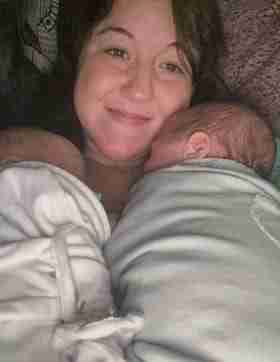
I know now that I was one of the least resilient people I know for a very long time. Small things, I mean tiny challenges I faced, became overwhelming.
I drowned myself in self-pity and played the victim for a very long time. I always blamed my “bad luck” as the root cause of all of those little setbacks.
What I learned later was that the abuse from my parents and my trauma were what made the small things feel unmanageable. As an adult who thought she was “over it,” I became a person so good at handling emergencies.
And yet, I would completely break down at the smallest hurdle. And then people would treat me badly while I fell apart.
If it rained on the way to class, I cried. If my car needed to be repaired, I had a full-blown panic attack followed by a week of self-loathing.
And don’t even ask what would happen if those both happened on the same day! Resilient, I was certainly not. But wanted to be. And thought I was.
Because if my mom ignored my calls and I found her drunk on the floor covered in vomit, I’d just clean her up, put her into bed, and go on about my day. How was it that I could smile through that, but if someone cut me off in traffic, I’d feel anxious and crumple?
Trauma makes you do weird things and will leak all over your life until you address it.
Resilience and Well-Being Can Be Found in Community

It wasn’t until 2023 that I could truly call myself resilient. And resilient AF. Resilient with everyday challenges as well as with my past. Bad luck doesn’t exist. Everyone has their own battles. We all experience stress. Life is hard for everyone all the time.
I am so proud to be where I am today, and I never thought I could feel this much peace inside myself. The calmness I experience during stressful situations gives me so much confidence in myself. I can do hard things. I will get through it.
But, the only reason I can, and I mean the only reason I have gotten to where I am is because of the community I’ve built around myself. Being so lonely growing up, I didn’t ever see value in company or community.
I figured everyone would hurt you, so why bother? But that’s the furthest thing from the truth. Even the most introverted person in the world still needs a community of some kind.
I am extremely extroverted, and I know now how crucial a sense of belonging and community is for. It helps me have better mental health and a sense of stability. I no longer panic because I know I can ask for help – something I did not grow up knowing and grew to feel guilty for needing.
People who love you – the people I surround myself with are not burdened by my request for help. I feel stronger when I have support behind me and cheerleaders keeping me going.
This is for People Who Work in Social Services, Foster Care, and With Children
I write this for anyone who works with children. In hopes that maybe you’ll see that little happy girl in class is actually starving for attention.
I want educators, leaders, and adults from all walks of life to take the time to listen to what children tell them. Do not be quick to call them resilient as a form of praise but rather a skill you helped them build with protective factors you can impart.
Because every time a child is told they are resilient when they are simply trying to survive, it reinforces that trauma is a typical part of childhood and encourages survivors to smile through it the best they can.
You might help stop child abuse and help foster children’s healthy development of resilience. A young child does not need to develop resilience through trauma. Preventive interventions in populations at risk will help children learn to solve problems and develop a positive self view.
For All Trauma Survivors
Most importantly, I write this for trauma survivors. No matter where you are in your healing journey you are worthy of self-love. It is possible to experience healing despite the tragedies and toxic stress you faced as a young child. Life is full of challenges, and everyone will face adversity.
However, not everyone will face serious trauma. No situations in life will require you to sacrifice your safety and force you to smile through atrocity. I hope you can discover your resilience through your healing and always know the difference between everyday obstacles and when something isn’t right.
The healing journey is lifelong. Setbacks and challenges happen every day. My wish for you is to surround yourself with people and community settings that make you feel safe and seen. Valued and heard.
I hope one day you experience true resilience because you have the tools and support to adapt and conquer. Live a life where dreams are possible not just survival. We can do it.
Share Your Story of Childhood Trauma with Resilient Stories
Did you or someone you know experience childhood trauma?
Reach out to us to get information on sharing your story on ResilientStories.com or finding support in your community.
We would love to hear from you.

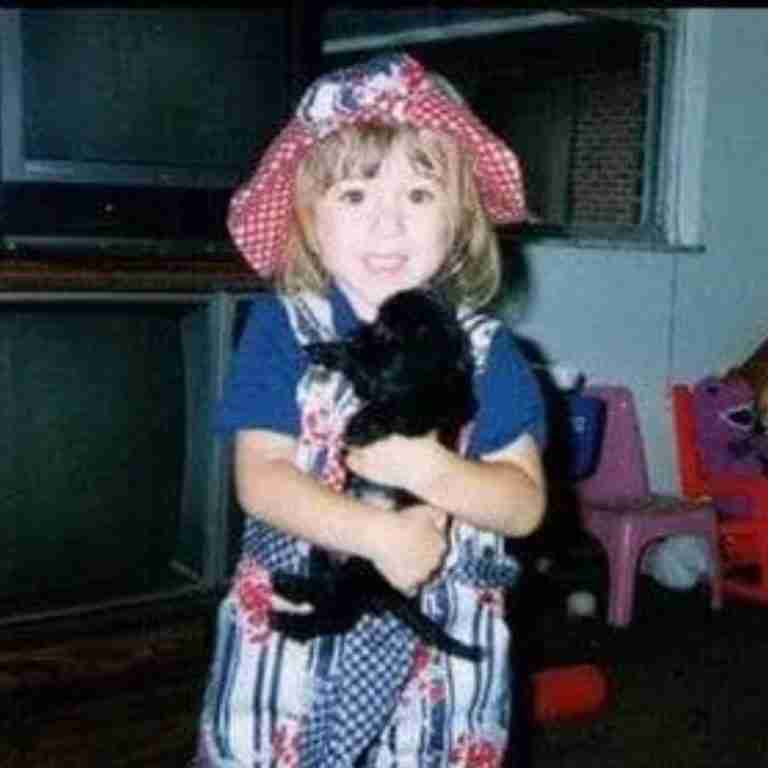

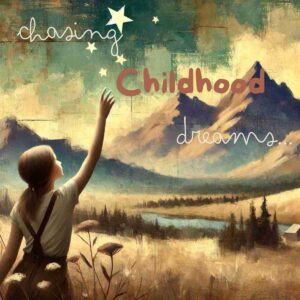
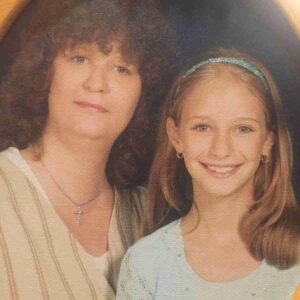




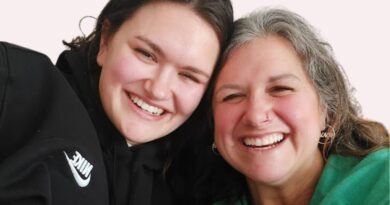
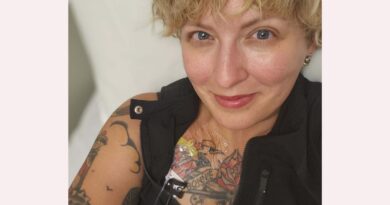
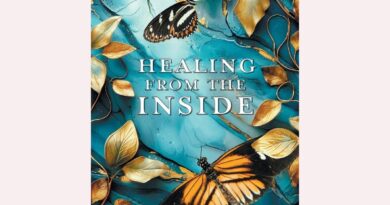
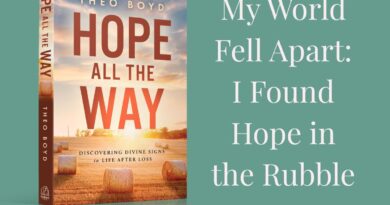
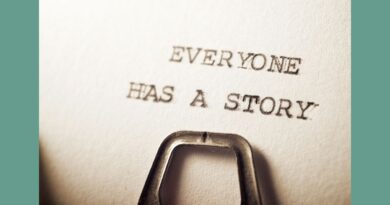










I appreciate the content of your article but particularly loved your use of the word “crumple”
Thank you for sharing your story. How can we get your story into the hands and minds of those who interact with children every day?
To my sister- the most amazing portrait of our lives growing up. Thank you for saying everything I’ve always wanted to say. I love you and am so proud of uou.
Thank you so much for reading and leaving a comment. I am sure your sister appreciates your comment. Much love and compassion for your resilience.
Kristin, I am so proud of the journey you are on. ????❤️???????? I cried. So glad you 2 girls found a space to grow and share. My heart. Danielle – Kristin
To quote Taylor Swift, “There wouldn’t be this, if there hadn’t been you.” I have told you that before and I will just continue to say “Thank you, Julia!”
We are very glad Kristin shared her story and hopefully found a home for her voice here!
Thank you for sharing your story!
I really appreciate how you encourage teachers go check on the happy kid in class too, as the happiness may be a mask. Teachers often don’t think to check on those who appear to be happy, doing well, quiet, following rules, etc., especially when there are students who more overtly demonstrate a need for attention. Teachers can forget that other students may need attention as well.
Thanks for reading and leaving a comment, Donna! And thanks to you and Kristin for pointing that out.